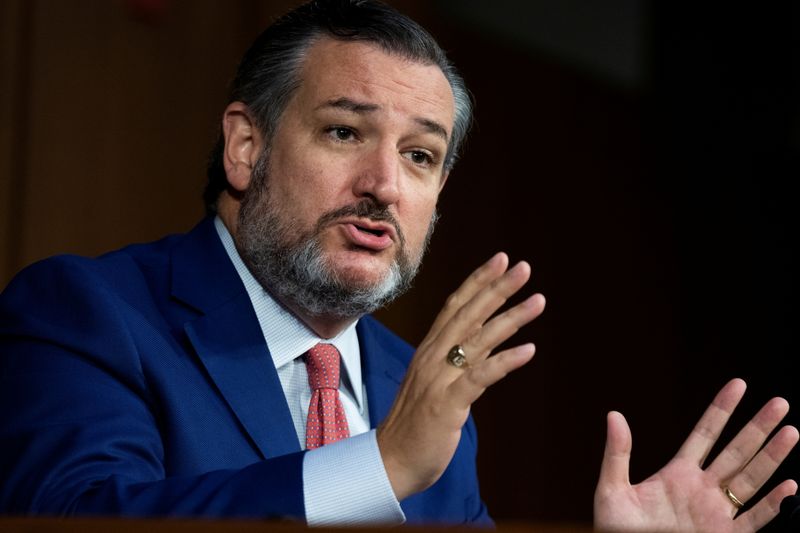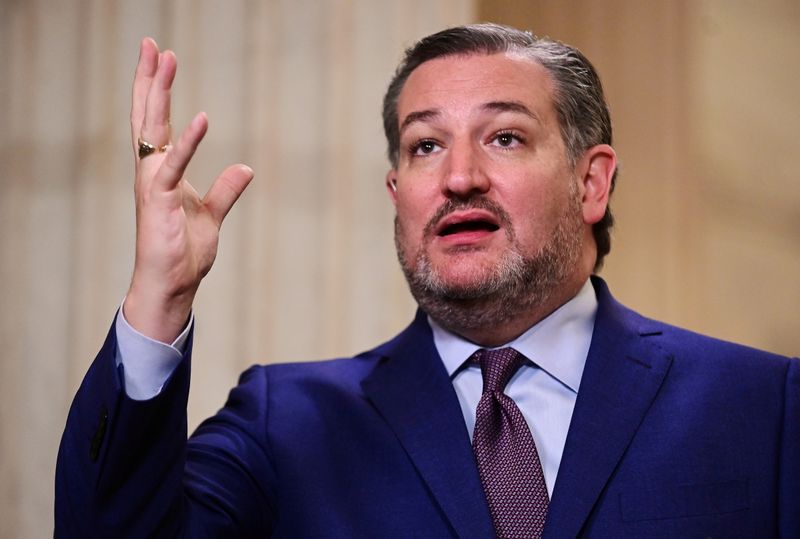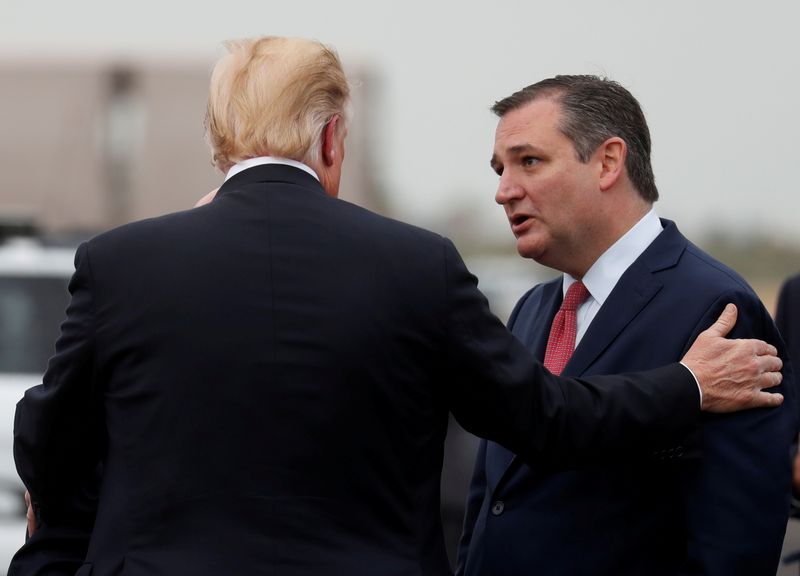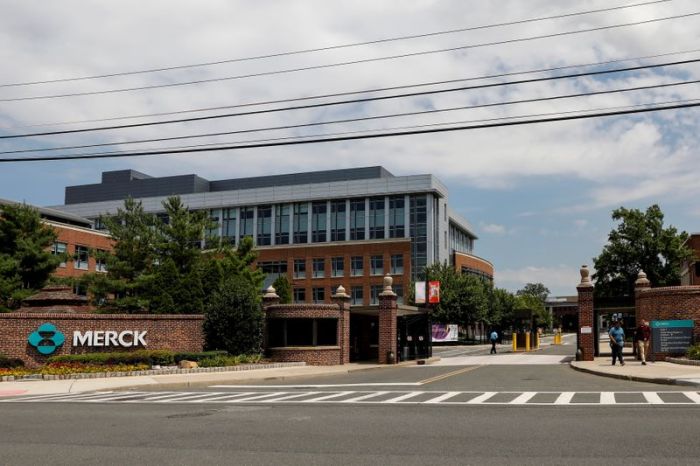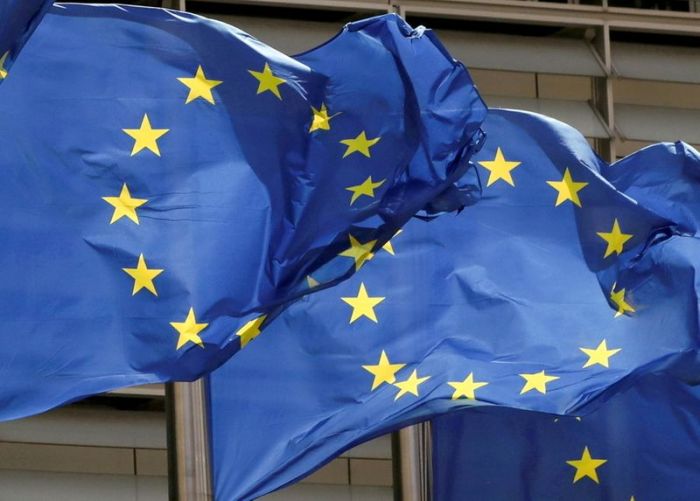(Reuters) -The U.S. Supreme Court on Thursday agreed to hear the Federal Election Commission’s bid to restore a campaign finance law that caps the amount of money that candidates can be reimbursed for personal loans to their campaigns in a challenge brought by Republican Senator Ted Cruz.
Democratic President Joe Biden’s administration, acting on behalf of the FEC, appealed a lower court ruling that found that the cap violates the U.S. Constitution’s First Amendment guarantee of freedom of speech by unjustifiably burdening political expression.
The case involves a provision of a 2002 campaign finance law that limits the amount of money that candidates can accept from donors after an election as they try to recoup money they personally lent to their formal campaign organizations.
The measure – part of the Bipartisan Campaign Reform Act – imposes a ceiling of $250,000 on payments from donations made after an election even if candidates made loans exceeding that sum.
Cruz sued the FEC, challenging the constitutionality of the law that the agency enforces, after his successful 2018 Senate re-election race in Texas against Democratic rival Beto O’Rourke. Cruz had lent his campaign organization $260,000 but was limited by the law to a $250,000 reimbursement from his campaign.
The commission has said the law reduces what is known as quid pro quo corruption – a Latin phrase meaning a favor for a favor – and the appearance of corruption by limiting the amount of money solicited by candidates after an election to repay campaign debt.
Cruz spokesperson Steve Guest praised the court’s decision to hear the case.
“Existing FEC rules benefit incumbent politicians and the super wealthy by making it harder for challengers to run for office,” Guest said.
Campaign finance watchdogs have said the practice at issue in the case increases donor expectation for official favors.
“What should concern all voters here is the simple fact that funds raised after the date of an election are not the same as typical campaign funds – they come with a much higher risk for corruption,” said Paul Smith, an attorney with the Campaign Legal Center.
“These funds can functionally serve as a personal gift to the candidate from sources that voters might disapprove of or a donor with a more apparent quid pro quo,” Smith added.
A Washington-based panel of three federal judges in June unanimously struck down the reimbursement as unconstitutional, calling the government’s arguments about undue influence hypothetical.
The administration warned of a “heightened risk of actual and apparent quid pro quo corruption” and said Cruz did not have proper legal standing to pursue the case because the loan and repayment were made expressly for the purpose of challenging the law in court.
Cruz, who unsuccessfully sought his party’s 2016 presidential nomination and later became a prominent supporter of former President Donald Trump, was first elected to represent Texas in the U.S. Senate in 2012.
The justices begin their new nine-month term on Monday. The Cruz case will be heard early in 2022 with a ruling due by the end of June.
(Reporting by Andrew Chung in New York; Editing by Will Dunham)

